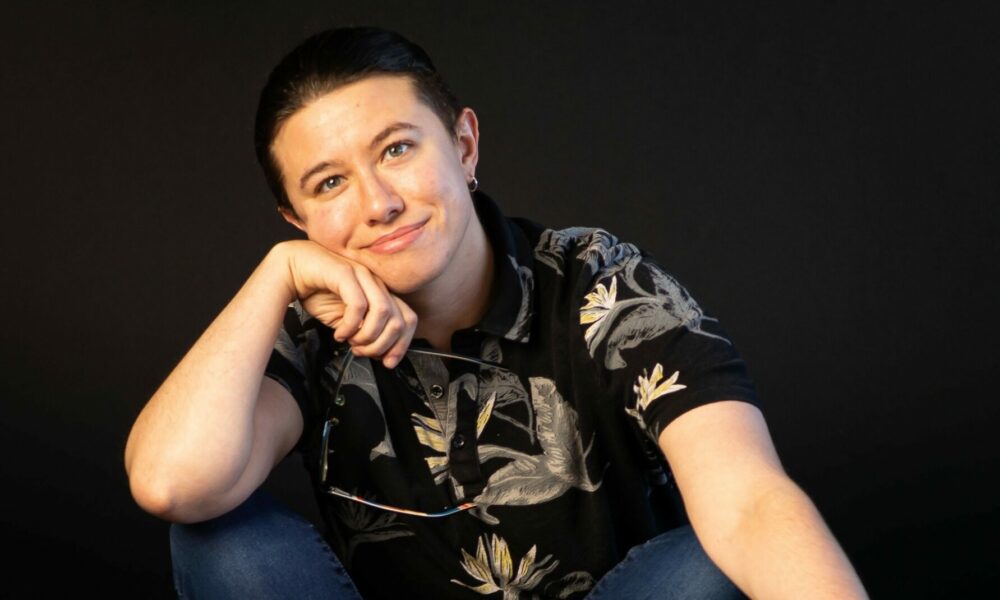

Today we’d like to introduce you to Luca Valentine.
Hi Luca, we’re thrilled to have a chance to learn your story today. So, before we get into specifics, maybe you can briefly walk us through how you got to where you are today.
I first knew I wanted to work with transgender folks in 2006, and now, 18 years later, I am grateful to be living that dream.
It was a wild ride to be where I am now. I first realized I was queer in 2006 and came out as transgender and non-binary in 2016. I’ve been out for over a decade and have been on testosterone for six years now. As a Georgia-born and raised citizen, I can’t imagine living anywhere else. I’ve lived in swampy coastal Georgia and now inside the perimeter. I’ve traveled and hiked all around the mountains in North Georgia. As a transgender individual, it is hard sometimes to live in a state that can be very hostile towards my community, and yet I can’t imagine living anywhere else and continuing to fight for our rights.
As a social worker, I run my own practice, Resilient Wellness. My primary focus as a therapist is serving transgender teens and adults who are neurodivergent and have eating disorders. It’s a very specific niche, and I have no business shortage. And there are portions of my practice that I do for free. Some examples are free letters for gender-affirming care and free consutlations for prospective clients. It’s important that I give away some things because not everyone can afford these services. Even if they can’t or don’t want to work with me long-term, it can help them to connect with services and resources.
When I’m not working, I’m spending time with my art or my pets. I paint large pieces of art to help me process the emotions of my day-to-day work. My paintings often focus on skeletons with halos. I call this set of paintings the Divinity of Otherness. Skeletons don’t really have many identifying markers to tell us who they are. The pose, colors, and textures of the piece are how I can convey the emotions or message of the figure. It’s also meant to represent how we don’t have to be able to identify with someone in order to see them as worthy of respect and kindness.
We all face challenges, but looking back, would you describe it as a relatively smooth road?
The road has been quite bumpy and yet cushioned by the support of friends, family, and allies along the way. I face my own mental health challenges and have never hidden that from folks. Sometimes, I don’t have it in me to do all the things I want to do and yet I keep trying to see how much I can do. That’s what led me to going to grad school, opening my own practice, and leading the way in care and education of neurodivergent queer folk.
I feel like the challenges that face me are largely the ones that target my community. Safe spaces for trans people are constantly under attack by stochastic terrorism, and our rights are constantly questioned and undermined. Bathroom bans, gender-based sports bills, healthcare restrictions, our rights and ability to exist in public are under constant scrutiny.
Appreciate you sharing that. What else should we know about what you do?
The focus of my career is to help my community. As a social worker, I serve an almost exclusively transgender and non-binary clientele. When I’m not doing therapy, I’m helping to train other professionals to work with folks in these various communities that I hold space in. And I do it all on a sliding scale. My clients tell me what they can afford on my pay scale because, under capitalism, a lack of capital can prevent someone from accessing care, and my services are pointless unless they can be accessed.
I was the first clinician in Georgia doing DBT-informed skills education in groups of exclusively trans folks. And thankfully, I’m not the only person doing that work now. I wouldn’t say that I’ve pioneered a technique or revolutionized anything in my field, but I have provided services that not many other people do. I’ve done individual and family therapy at hospital bedsides and in living rooms. On a few occasions now, I’ve sat with families while their teen does their first dose of HRT (hormone replacement therapy) and then sit to process this event with parents, siblings, and the teen client.
It’s so funny because I actually stumbled into social work on the advice of my godmother and had no idea how much I would love it. We even have social justice as a part of our code of ethics. And for my heart, to be able to center social justice in my work, it’s invaluable.
I started my practice in 2020, and the election cycle did nothing, and that year, there was no slow season. The need for therapy only increased over that year. Every time an anti-trans bill passed or was even introduced in the Georgia Senate, I would have emails from parents and tear-filled sessions with teens who wanted nothing more than to focus on things like theatre or soccer. Every time one of these bills is even discussed, we, as clinicians who serve this community, are doing damage control, harm reduction, and relapse prevention as we try to assure our clients in an uncertain and often hostile world.
I spend a significant amount of time training other mental health providers on how to work with trans adults and teens. In 2023, I spoke at Hillside Hospital, Newport, and on one memorable occasion, DragonCon. On the bright side, spaces are often welcoming and open to this education, especially from someone with lived and living experience. But with the mental health worker shortage, there is only so much we can do as a profession to meet the needs of clients who are struggling, especially trans folks, as our identities are politicized and marginalized.
I think one of the things that I’m most appreciative of is the ability to use my degree, credentials, and training to respond to the needs of various communities that I am a part of. At any time, we can be struck by tragedy (anti-trans bills, another murder by police, etc.), and at that moment, I can step up and provide support. I helped organize volunteer mental health providers to respond to a tragedy that occurred very recently in Atlanta. The following week I was on site with a half dozen mental health providers and we were seeing individuals and groups to process that tragedy. It was amazing because one of those half-dozen folks was another mental health provider who had the same idea. We came together in a matter of hours and started organizing these services and that encapsulates everything that I love about my field of practice.
It’s worth noting that not everyone that I see is queer or autistic or any of the other things that I specialize in. And yet, I feel blessed to walk through however much or little of their life they want. I get to sit with my clients through their relapses, celebrations, heartbreak, and profound breathroughs. It’s a rich, messy, beautiful view of life, and I love that. I get to help parents come to understand their transgender child. I’ve gone to sit with families in hospitals and to see my clients in jail if they’ve been incarcerated. My work takes me to so many places that I never expected to go, and I can’t wait to see where it takes me next.
How can people work with you, collaborate with you, or support you?
Some of the biggest support that can be done to support my work is for folks to continue to show up and fight anti-trans bills, not just in Georgia but everywhere. Even when a bill passes in another state or gets introduced, I am then left to focus on the fallout. The clients that I see in my work have traumas to process lives they want to be living, but instead, we spend so much of that valuable time on crisis management. If you’re an advocate, a lawmaker, or anyone with any proximity to political power, you can help by stopping these bills from reaching the floor of respective state legislatures. You can help by letting trans kids play sports because, at the end of the day, that child just wanted to have fun and make friends. We aren’t predators or groomers or trying to take space from anyone, and every time we are framed in that way for political clout, it opens up the community to scrutiny, threats, violence, and sometimes death.
For anyone who would like to work with me, I am always looking to get involved with folks. I offer trainings to mental health and non-mental health professional; all on a sliding scale. If you’d like to help provide a safer space for trans and or neurodivergent folks, I can always be reached via email. I love going into homes, schools, and businesses and finding ways to collaborate with folks. I believe that when we have these conversations and can learn from each other, we can build a better and more robust community, both locally and nationally.
Pricing:
- Individual therapy $50-$200
- Group therapy $10-$50
- Professional consultation pay as you can
- Parent consutlation FREE
- Letter for care FREE
Contact Info:
- Linkedin: https://www.linkedin.com/in/luca-valentine-lmsw-7bb7864a/
- Other: https://www.psychologytoday.com/us/therapists/lucia-caltabiano-atlanta-ga/761014
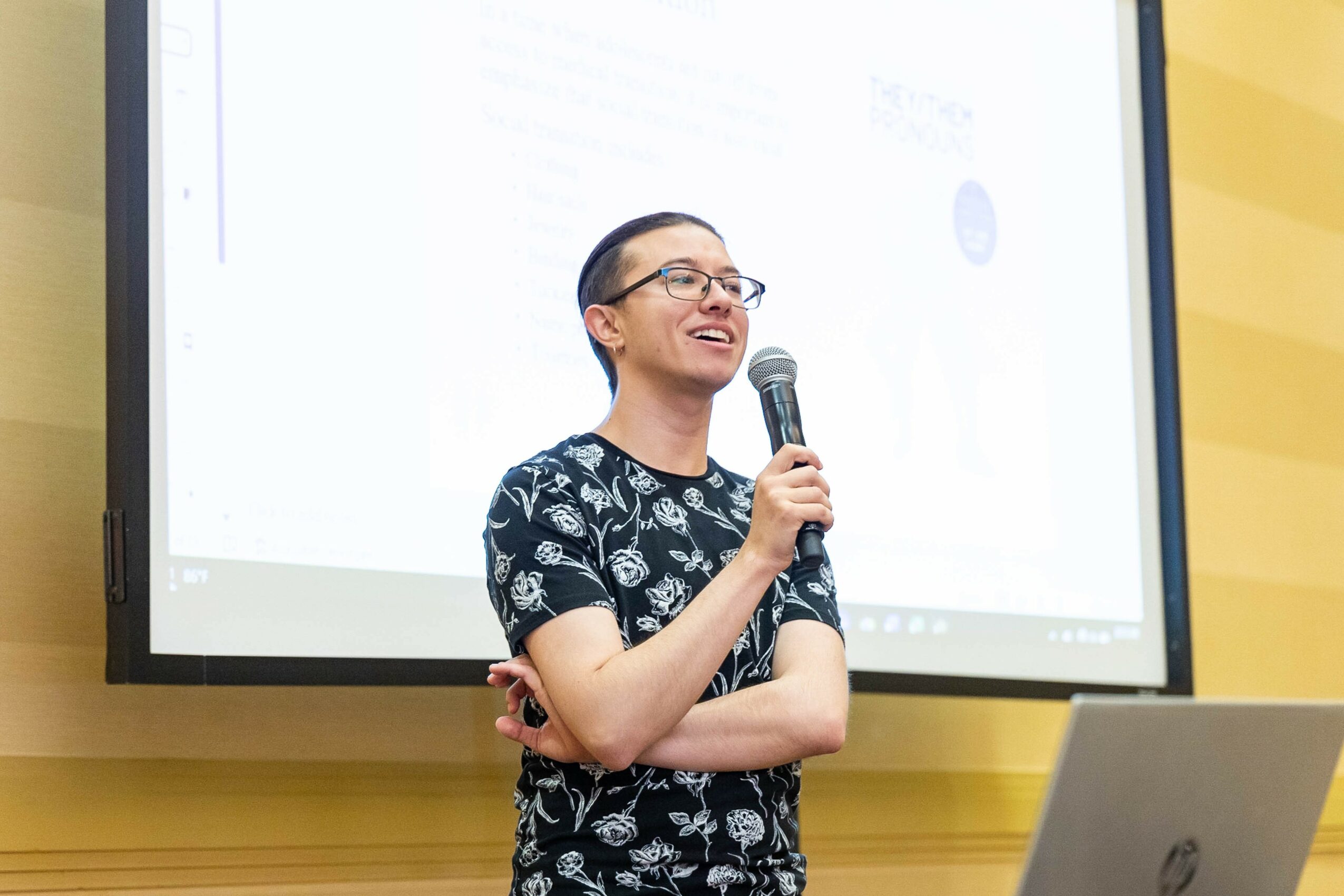
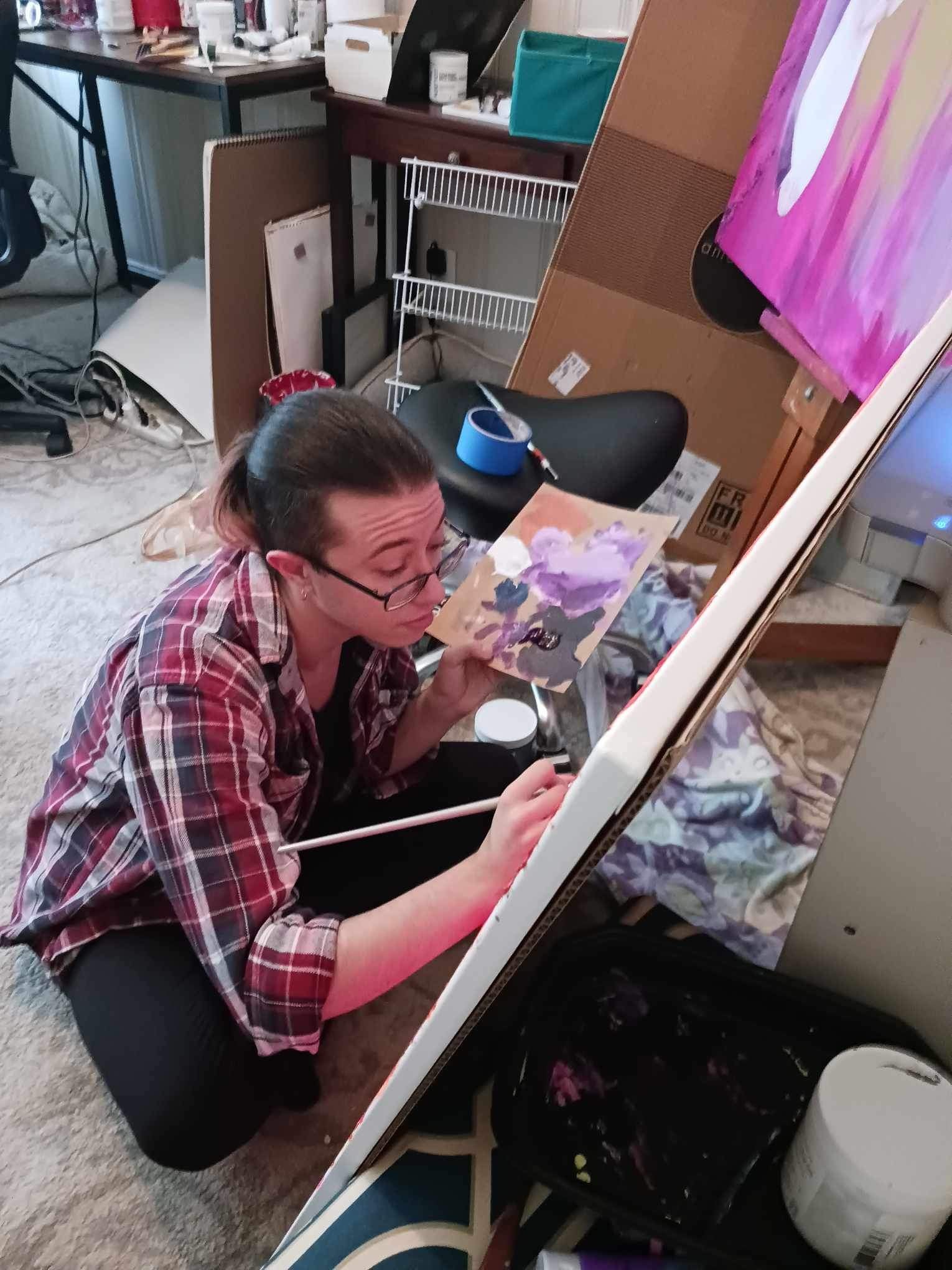
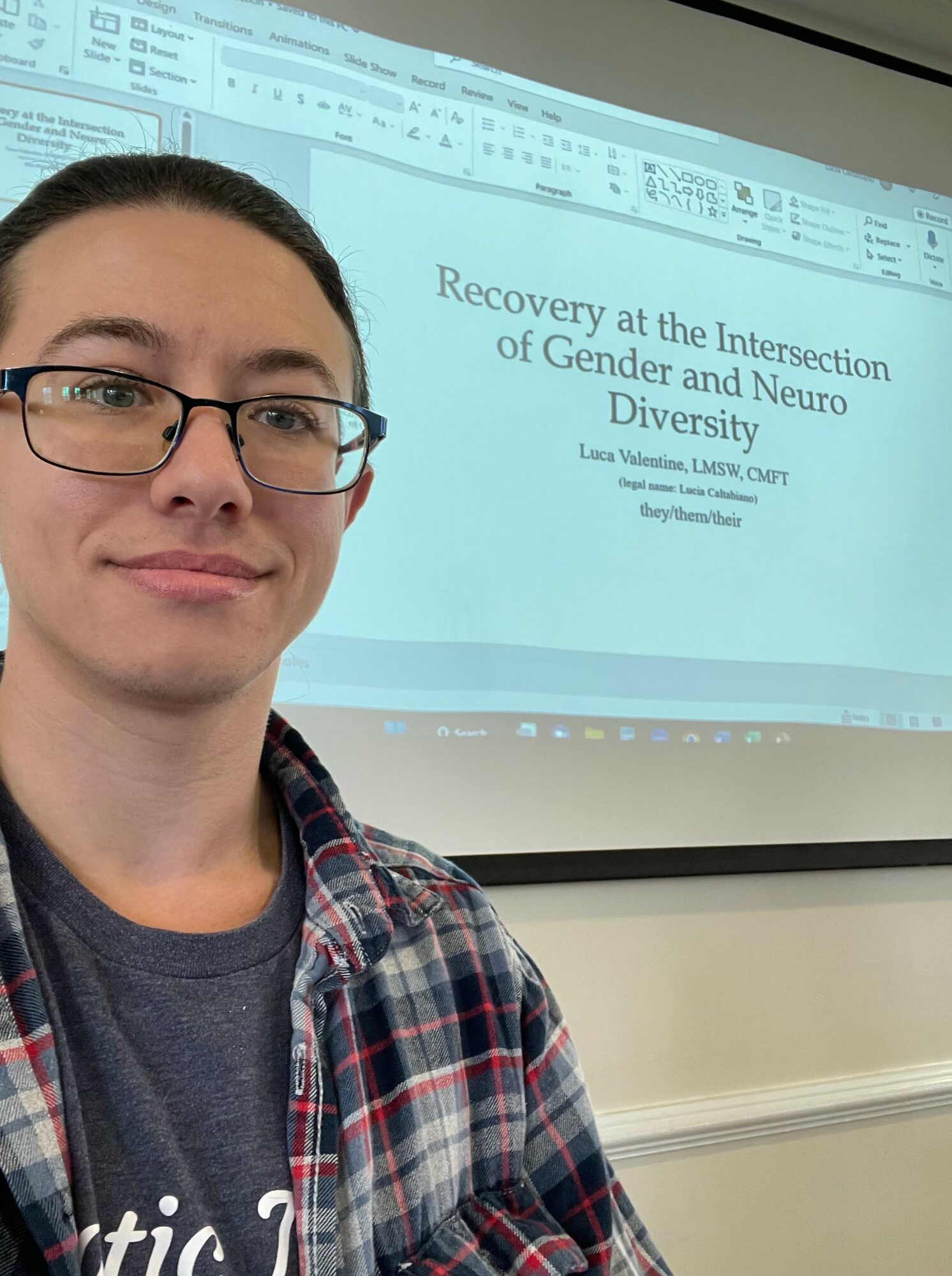
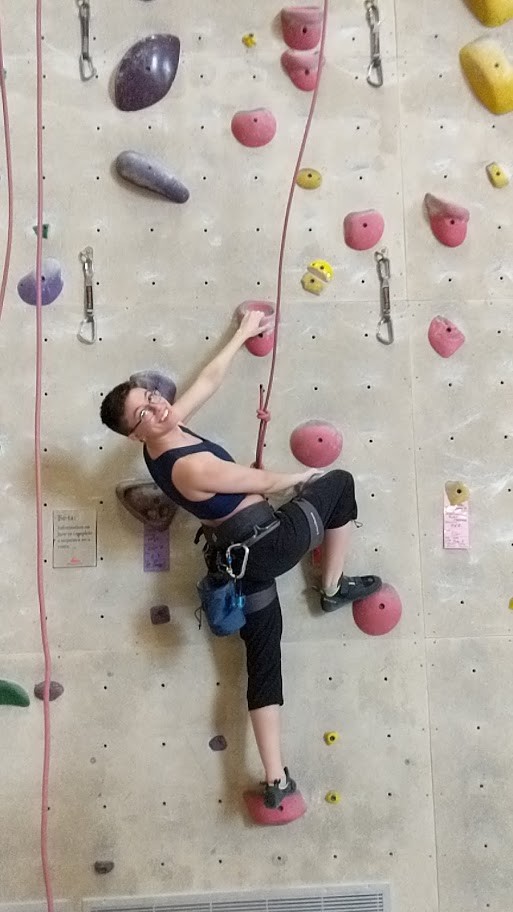
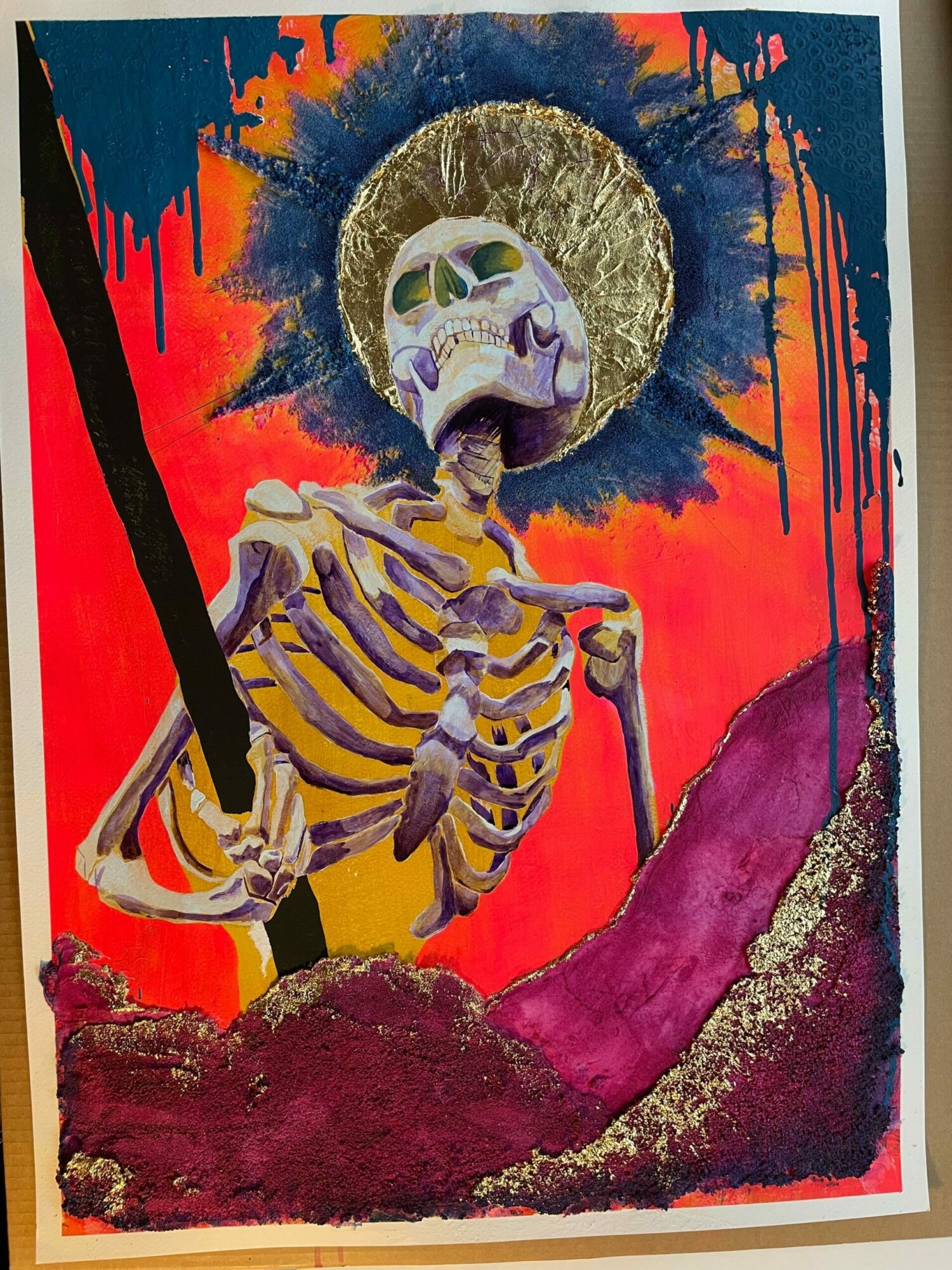
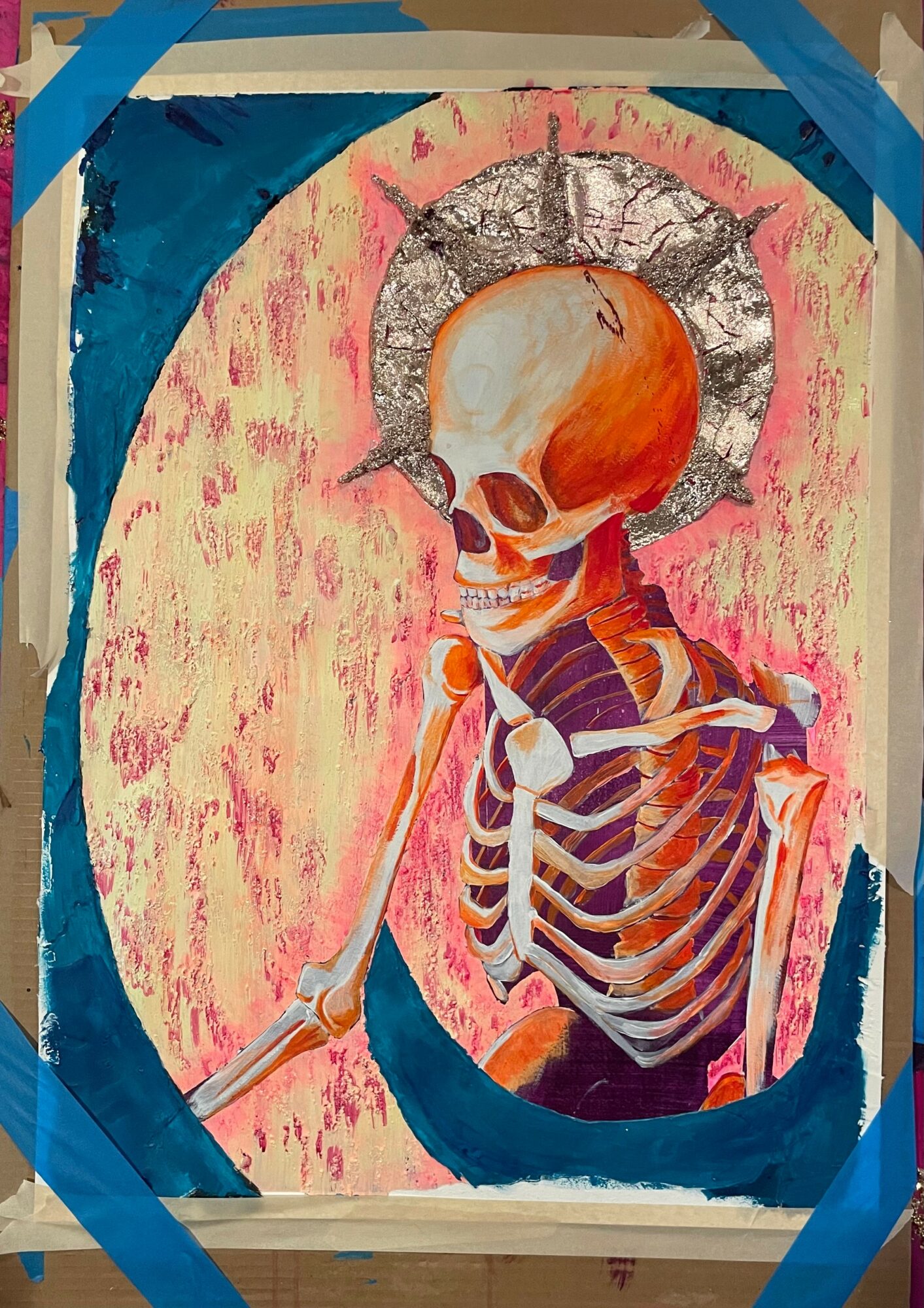
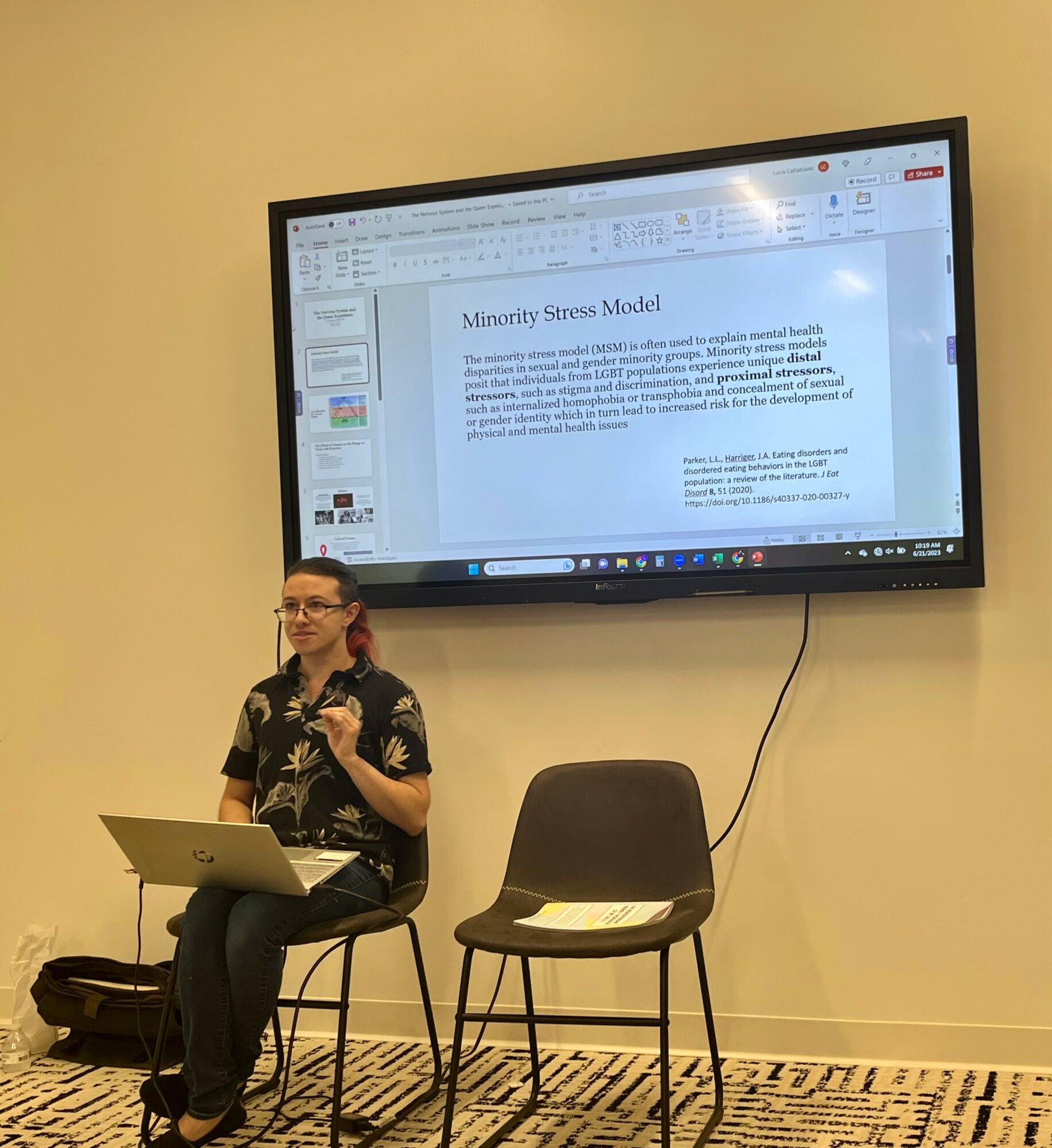
Image Credits
Mia Edwards













